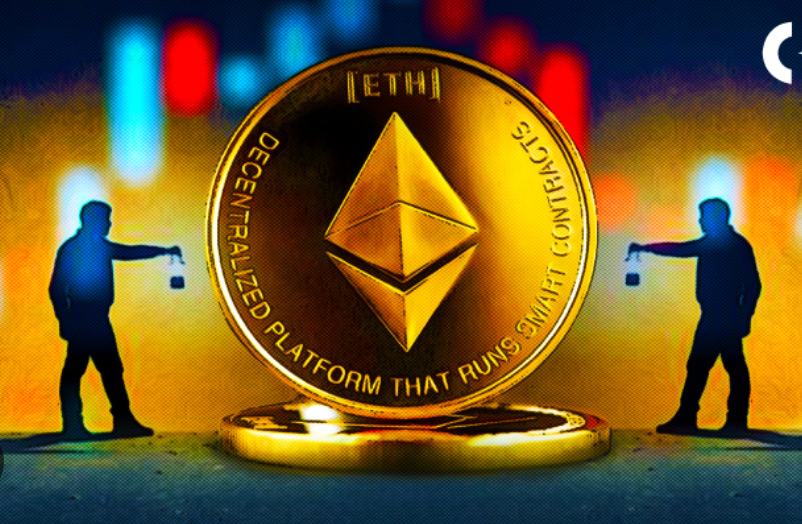#Ethereum #DencunFork #Blockchain #Cryptocurrency #Layer2 #TransactionFees #Base #TechUpgrade
The forthcoming Dencun fork represents a significant milestone for Ethereum, potentially transforming the blockchain landscape by dramatically reducing transaction fees, possibly by up to 100-fold. As the Ethereum ecosystem continues to evolve, the Dencun upgrade, set to take place on March 13, is poised to tackle one of the ecosystem’s most persistent challenges: high transaction costs. This challenge has hindered Ethereum’s scalability and impeded user adoption due to increased operational costs for transactions on the blockchain.
The Dencun upgrade promises an exciting era of enhanced efficiency and scalability, primarily through the implementation of EIP-4844, also known as proto-danksharding. This technical improvement focuses on increasing the data availability capacity for rollups, a critical feature for Ethereum’s layer 2 solutions, such as Base. Base, alongside other key collaborators like Optimism, the Ethereum Foundation, and various Ethereum core development teams, has been instrumental in steering this initiative. Their united efforts over the last couple of years signify a strategic move to cultivate a more accessible and efficient blockchain ecosystem.
The adoption of blob-carrying transactions is a core aspect of the Dencun upgrade. This innovative approach aims to decongest Ethereum’s network by storing data off-chain and referencing it through hashes. Such a mechanism is expected to simplify transaction verification processes significantly while slashing transaction costs to potentially as low as $0.02. This development could catalyze a substantial reduction in Ethereum’s notorious transaction fees, which have seen a staggering increase of nearly 200x from the previous year, peaking at around $2.30 on average.
Analyzing the broader implications, the Dencun upgrade could be a game-changer for Ethereum’s layer 2 solutions, making them more attractive by offering cheaper and faster transactions. Lower transaction fees are crucial for accelerating the adoption of Ethereum’s roll-up-based scaling solutions. By making transactions more cost-effective, Ethereum aims to enhance its scalability and efficiency manifold, thereby strengthening its position in the competitive blockchain space.
This anticipated fee reduction could have profound effects on the adoption and usability of Decentralized Finance (DeFi), Non-Fungible Tokens (NFTs), and various on-chain applications, including gaming and closed-limit order book exchanges. A more affordable and scalable Ethereum network could facilitate a richer, more vibrant on-chain economy, unlocking new possibilities for developers and users alike.
The collective anticipation for the Dencun upgrade within the blockchain community underscores a shared commitment towards a more scalable, efficient, and accessible digital ecosystem. By advancing technical innovations like the Dencun fork, Ethereum and its development community are not only aiming to reduce transaction fees but also to foster a more inclusive blockchain infrastructure that supports a multitude of applications and use cases.
In conclusion, the Dencun fork embodies Ethereum’s continual evolution, highlighting an era of strategic technical enhancements designed to fortify its ecosystem. As the upgrade nears, the Ethereum community is poised on the brink of a transformative period that could redefine the economics of blockchain operations, making the dream of fast, affordable, and decentralized transactions a closer reality for everyone.

